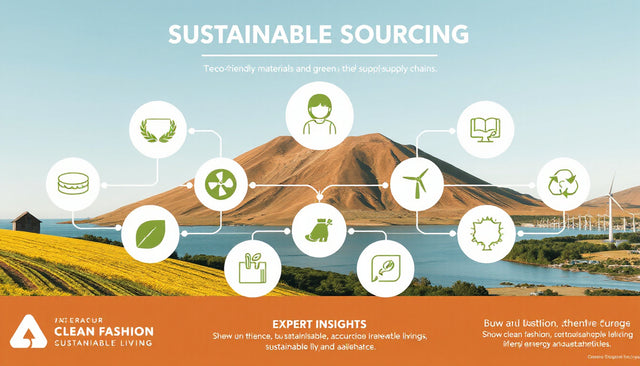The ‘E’ of ESG: New EU Ecodesign Rules on Unsold Consumer Products
Introduction to ESPR and Its Sustainability Goals
The EU sets new product rules. These rules come from the Ecodesign Regulation for Sustainable Products (ESPR) 2024/1781. The ESPR targets waste. It stops unsold goods from being destroyed. Online sales make this problem grow. The new rules require companies to share data. They also ban destruction of some unsold items. Finally, they set the same rules for every EU country. The goal is to use natural resources well. It supports a circular economy with reuse and recycling.
Scope and Application
These rules cover all products sold in the EU. They affect EU and non-EU businesses. Key dates are clear:
- In 2026, large companies must start audited disclosures using 2025 data.
- On 19 July 2026, the ban on destruction starts.
- By 19 July 2030, medium-sized companies join.
Key Regulatory Acts under Development
The EU Commission writes two laws to enforce ESPR rules on unsold items:
-
Implementing Act on Disclosure Requirements (Article 24 ESPR)
- It sets clear transparency steps.
- It uses a set reporting format.
- It calls for independent checks on sustainability reports.
-
Delegated Regulation on Exceptions to the Destruction Ban (Article 25 ESPR)
- It allows collected cases when the ban does not fit.
Each Member State will add these rules to local law. They also set fines for breaches. In Germany, fines may reach EUR 50,000 per incident or more if revenues are high.
Article 24 ESPR: Transparency and Disclosure Details
Reporting Obligations
Every year, companies must share how they handle unsold items. They report on:
- Quantity: The count and weight of items thrown out, sorted by type.
- Reasons: The cause of disposal and any exceptions.
- Waste Treatment: How items are reused, recycled, recovered, or disposed.
- Prevention Measures: Steps taken now and planned to stop waste.
Disclosure Format and Accessibility
The information must be public. A company may use:
- A clear page on its website, or
- Its sustainability report that follows EU Accounting rules.
Large companies may report together for their groups.
Draft Implementing Act Provisions
The Commission plans this act for Q3 2025. Its points are:
- A standardized format that splits data into company info, product details, and prevention actions.
- Product category tags using Combined Nomenclature codes for clear reports.
- Verification where auditors or approved checkers confirm the data.
Implications for Businesses
- Early Preparation Recommended: Large companies should update their data and reporting systems soon to meet the 2026 deadline.
- Broader Market Impact: Non-EU companies selling in the EU must also follow these rules. This makes the measure global.
- Transparency Encourages Accountability: Sharing data and banning waste pushes companies to cut waste and try resale, donation, or recycling.
Conclusion
The ESPR rules on unsold consumer products mark a big step for a circular economy in EU law. These rules help businesses grow greener and reduce waste. Companies in the EU or exporting here must act now. They need to adjust to new laws to protect the environment and keep their market access.
Sources:
- EU Ecodesign Regulation for Sustainable Products (EU) 2024/1781
- Draft Commission Implementing Act on Disclosure Requirements (Q3 2025, Pending)
- Freshfields Bruckhaus Deringer LLP analysis by Jonas Köster and Tobias Klatt (October 2025)
Design Delight Studio curates high-impact, authoritative insights into sustainable and organic product trends, helping conscious consumers and innovative brands stay ahead in a fast-evolving green economy.




















0 comments